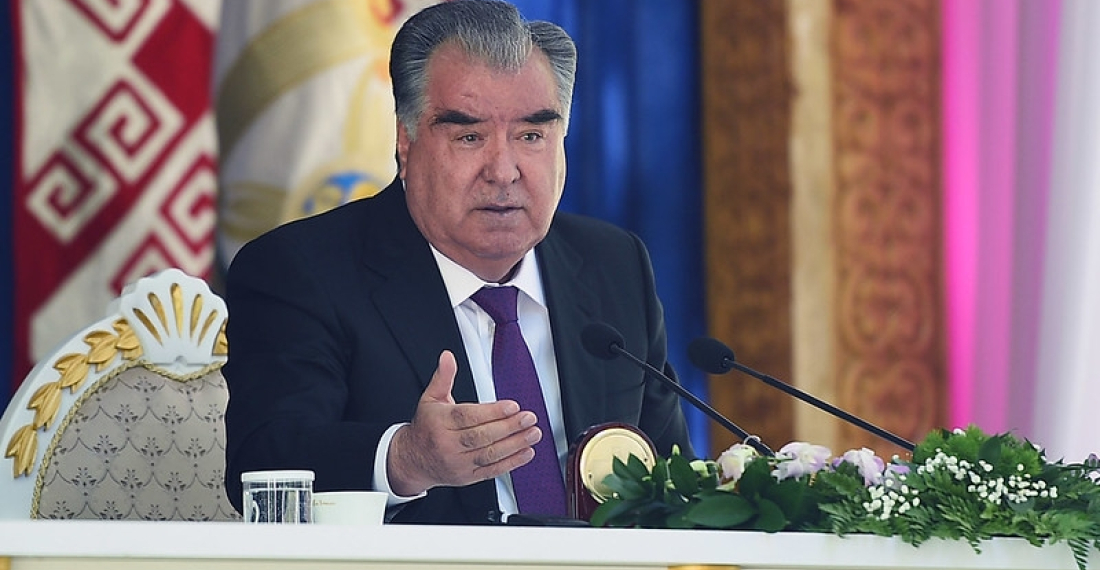Tadjik President Emomamli Rahmon has run Tajikistan with an iron hand since taking power in 1992. There are now reports that he is preparing to hand power to his son. So, news of dissent in the Central Asian Republic is rare. News of a coup and the arrests of many prominent former officials have therefore triggered a lot of speculation. Saidjafar Usmonzoda, a prominent member of the Tajik parliament, was detained on June 14 for allegedly “plotting to overthrow the government.” Prosecutor-General Yusuf Rahmon accused Usmonzoda of collaborating with the foreign-based opposition group National Pact of Tajikistan and of speaking with its leader, the self-exiled Sharofiddin Gadoev. Parliament quickly stripped Usmonzoda of his immunity
His arrest was soon followed by the detention of former Foreign Minister Hamrokhon Zarifi.
But perhaps more prominently has been the detention of the former Chairman of the Supreme Soviet of Tajikistan, Akbarsho Iskandarov. During the wave of conflicts in the early 1990s, he took over as the Chairman of Parliament and served as Tajikistan’s acting president. In recent years, he worked at the Institute of Philosophy, Political Science, and Law of the Academy of Sciences. Prior to this, for many years, he served as Ambassador Extraordinary and Plenipotentiary of Tajikistan to Turkmenistan, Kazakhstan, and Mongolia.
The General Prosecutor’s Office summoned Akbarsho Iskandarov for questioning on June 13 and 14, following which they did not release him. The reason he was interviewed and the grounds on which he has been detained are unknown.
“Investigators of the General Prosecutor’s Office questioned about 50 people during these days and released them on their recognisance, while Akbarsho Iskandarov was not released,” a source stated.
As is often the case in authoritarian countries dissent often bubbles under the surface. The Tajik authorities have not been very forthcoming with information about what is going on, but the developments come on top of an already tense time for the Tadjik leadership as it tries to deal with the fallout from the involvement of Tadjiks in the recent terrorist attacks in Moscow. His leadership has embarked on a number of measures, which some consider knee-jerk, such as banning the hijab.
All in all, Tajikistan’s problems seem to be piling on top of each other, and as Central Asia’s poorest country, it is vulnerable to sudden shock. Other Central Asian leaders look at the situation in Tajikistan with concern, not least because of the risk of falling out into their own quite fragile political processes.







